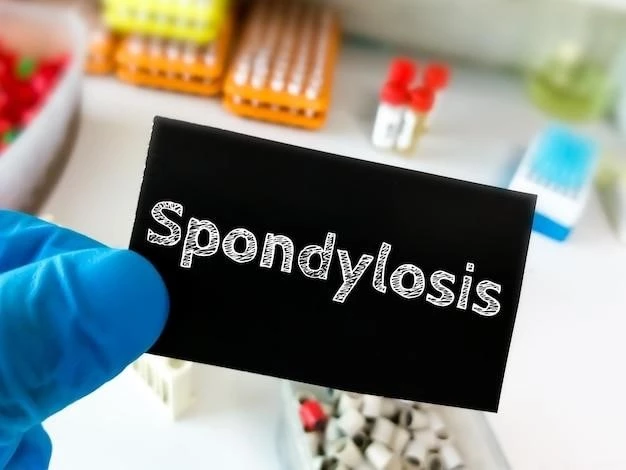Disease⁚ Potassium Aggravated Myotonia
Potassium aggravated myotonia is a group of diseases that causes tensing and stiffness of skeletal muscles, which are the muscles used for movement. It is distinctive from other types of myotonia due to symptoms worsening after consuming potassium-rich foods. Symptoms typically develop in childhood and can vary from mild episodes to severe disease.
Overview of Potassium Aggravated Myotonia
Potassium aggravated myotonia is a group of diseases affecting skeletal muscles, causing tensing and stiffness. This condition is distinct from other myotonia types as symptoms worsen after consuming potassium-rich foods. It typically presents in childhood with varying severity. There are three types of potassium-aggravated myotonia, each with unique characteristics. The genetic basis involves mutations in the SCN4A gene, affecting muscle function. Diagnosis is based on symptoms and genetic testing; Treatment focuses on symptom management and may include medication to reduce muscle stiffness. Research is ongoing to better understand this rare genetic disorder and improve treatment approaches.

Clinical Features and Types
Potassium aggravated myotonia presents with episodes of muscle tensing (myotonia) that hinder normal muscle relaxation, typically beginning in childhood or adolescence. The condition includes three forms⁚ myotonia fluctuans, myotonia permanens, and acetazolamide-responsive myotonia. Myotonia fluctuans involves mild symptoms, myotonia permanens is severe, and acetazolamide-responsive myotonia shows responsiveness to acetazolamide. The disorder is characterized by muscle stiffness, worsened by exercise and potassium-rich foods.
Genetic Basis of Potassium Aggravated Myotonia
Potassium aggravated myotonia is caused by mutations in the SCN4A gene, which codes for the alpha subunit of the skeletal muscle voltage-gated channel Nav1.4. Alterations in this gene lead to potassium-sensitive myotonia, affecting muscle function. The condition is inherited in an autosomal dominant pattern, with different forms such as myotonia fluctuans, myotonia permanens, and acetazolamide-responsive myotonia, all linked to SCN4A mutations. Understanding these genetic variations is crucial for diagnosing and managing potassium aggravated myotonia.

Symptoms and Diagnosis
Potassium aggravated myotonia typically manifests in childhood or adolescence with symptoms of muscle tensing (myotonia) that worsen after consuming potassium-rich foods. The disorder presents varying degrees of severity, from mild episodes to severe muscle stiffness. Diagnosis involves evaluating symptoms, genetic testing to identify mutations in the SCN4A gene, EMG studies to assess muscle activity, and possibly blood tests measuring creatine kinase levels. Early diagnosis aids in symptom management and treatment planning.
Treatment and Management
The management of potassium aggravated myotonia focuses on symptom relief and minimizing muscle stiffness. Treatment options often include medications such as mexiletine, which helps reduce muscle irritability, and acetazolamide, which may improve muscle function. Physical therapy, including stretching exercises, can also be beneficial in managing muscle stiffness and improving mobility. Lifestyle modifications such as avoiding potassium-rich foods can help prevent symptom aggravation. Regular follow-ups with healthcare providers are essential to monitor the condition and adjust treatment as needed.
Research and Studies on Potassium Aggravated Myotonia
Research on potassium aggravated myotonia, a rare genetic disorder affecting skeletal muscle, has focused on understanding the underlying genetic mutations, particularly in the SCN4A gene. Studies have explored the association between potassium intake and symptom aggravation, leading to the identification of different forms of the condition like myotonia fluctuans, myotonia permanens, and acetazolamide-responsive myotonia. Ongoing research aims to enhance diagnostic methods, develop targeted treatments, and improve management strategies for individuals with potassium aggravated myotonia.
Importance of Potassium in Muscle Function
Potassium plays a crucial role in muscle function, including skeletal muscles used for movement. In the context of potassium aggravated myotonia, the relationship between potassium intake and muscle symptoms highlights the impact of this mineral. Adequate potassium levels are essential for proper muscle contraction and relaxation. Imbalances in potassium levels can lead to muscle hyperexcitability, affecting muscle function. Understanding the significance of potassium in muscle physiology is essential for managing conditions like potassium aggravated myotonia.
